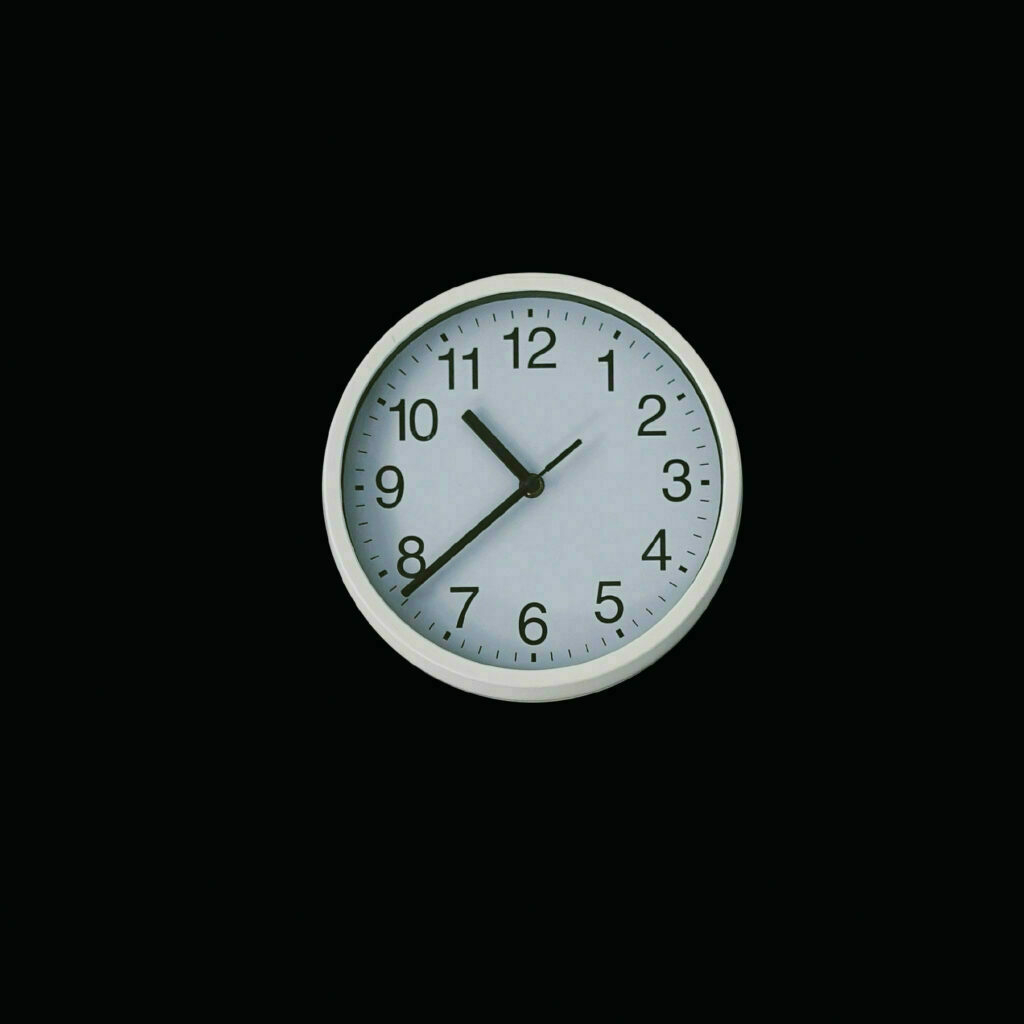There are just bodies, just us
Two books to add to my reading list, courtesy of this excellent review and analysis
Illness, I think, is a temporality — and not, as Susan Sontag famously posited in Illness as Metaphor, a place, where everyone holds dual citizenship between the kingdoms of sickness and health and can pass between the two. The truer statement, it seems to me, belongs to Gilda Radner, who died young of ovarian cancer: “It’s always something.” Constantly dealing with those somethings takes time, and you can no longer even pretend that your life will go along in an orderly, productive way. But does anyone’s? I’ve come to realize that the bifurcation between the sick and the well, the disabled and the able-bodied, is capitalism’s intervention. In reality, there are just bodies, just us.Source: Is Anyone Ever Well? - Lux MagazineTwo books published this fall trouble the binary between sickness and health. Health Communism, by Beatrice Adler-Bolton and Artie Vierkant, wholly refutes the possibility of being healthy under capitalism. The Future is Disabled, by Leah Lakshmi Piepzna-Samarasinha, argues that to meet a future full of catastrophe, we need to think and act like disability activists. These books want to talk about sickness as a source of solidarity, and a way forward out of our current, very unwell state.
[…]
Separating out the well and worthy workers from the sick and unproductive surplus class is one of capitalism’s more insidious divide-and-conquer tactics. We all know the person who brags about not taking one sick day in 20 years. But if capital separates the workers from the unwell, capitalists still manage to profit from both. The state, which could sustain the sickened surplus, instead neglects them, and the private health care sector steps in to profit. Adler-Bolton and Vierkant coin the term “extractive abandonment,” (a variation on Ruth Wilson Gilmore’s description of the carceral system as “organized abandonment”) to describe how public subsidies flow to privatized facilities offering substandard care, from for-profit nursing homes to prisons. As a result, those in need of care are less likely to receive it where they could thrive, let alone exercise their self-determination. Instead, they are shunted into a “warehouse” of care, a “public-private partnership of pure immiseration.”
Steaming open the institutional creases
This is a heart-rending article by Maria Farrell, who suffers from Chronic Fatigue Syndrome. She details her experiences for Long Covid suffers, and it’s not easy reading.
I’m including this quotation mainly because she talks about the impact of the Tory government in the UK over the last decade or so. It’s easy to forget that things didn’t use to be like this
I hid for two years in graduate school, the first year in a wonderful and academically undemanding programme with a tiny, lovely class. I wrote an essay about Walter Benjamin and interactive media that winter, and I remember pulling each sentence rather brutally from the morass of my former abilities and piling them on top of each other. Let’s just say the angel of history made sense to me in a way she had not, before. Minute on minute, I could barely make the letters settle into words, forget about forming sentences or ideas, but day on day it turned out I could do it. It just took a higher threshold of discomfort than I’d previously believed manageable, and about eight times longer. I’m so glad I learnt this. The knowledge that impossibly difficult intellectual tasks can be worked through piecemeal – not in darts and dashes of caffeinated brilliance – was not natural to my temperament, and it’s why I can still do things.Source: Settling in for the long haul | Crooked TimberIt’s a very bourgeois thing to be able to hide out in grad school. I’m always embarrassed when people remark on how many degrees I have. It put me into financial penury for quite a few years, but it felt worth it to still outwardly look like a person who was moving forward in life, not someone whose clock had stopped in August 1998 when I failed to heal from glandular fever. All that is harder now in Britain, as Tories systematically steam open the institutional creases people like me could fold ourselves into, and dismantle the social welfare that would have held many others as they waited to be well. I started off with moderate M.E. and now, much of the time, I would say it is mild.
Steaming open the institutional creases
This is a heart-rending article by Maria Farrell, who suffers from Chronic Fatigue Syndrome. She details her experiences for Long Covid suffers, and it’s not easy reading.
I’m including this quotation mainly because she talks about the impact of the Tory government in the UK over the last decade or so. It’s easy to forget that things didn’t use to be like this
I hid for two years in graduate school, the first year in a wonderful and academically undemanding programme with a tiny, lovely class. I wrote an essay about Walter Benjamin and interactive media that winter, and I remember pulling each sentence rather brutally from the morass of my former abilities and piling them on top of each other. Let’s just say the angel of history made sense to me in a way she had not, before. Minute on minute, I could barely make the letters settle into words, forget about forming sentences or ideas, but day on day it turned out I could do it. It just took a higher threshold of discomfort than I’d previously believed manageable, and about eight times longer. I’m so glad I learnt this. The knowledge that impossibly difficult intellectual tasks can be worked through piecemeal – not in darts and dashes of caffeinated brilliance – was not natural to my temperament, and it’s why I can still do things.Source: Settling in for the long haul | Crooked TimberIt’s a very bourgeois thing to be able to hide out in grad school. I’m always embarrassed when people remark on how many degrees I have. It put me into financial penury for quite a few years, but it felt worth it to still outwardly look like a person who was moving forward in life, not someone whose clock had stopped in August 1998 when I failed to heal from glandular fever. All that is harder now in Britain, as Tories systematically steam open the institutional creases people like me could fold ourselves into, and dismantle the social welfare that would have held many others as they waited to be well. I started off with moderate M.E. and now, much of the time, I would say it is mild.


